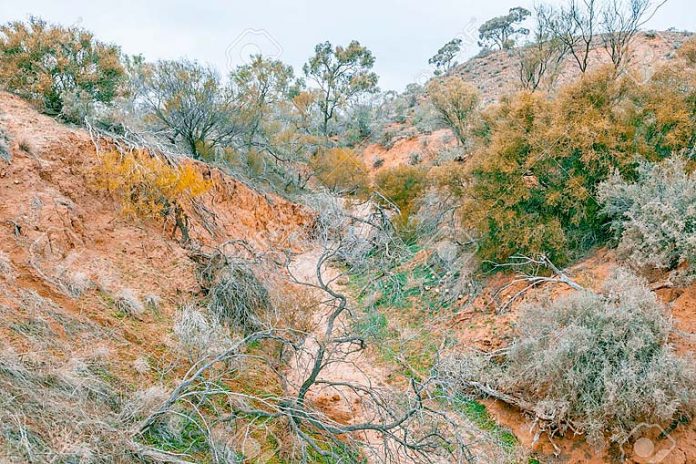A WEALTHY South East farmer received hefty fines and convictions in court late last year for clearing native land contrary to the Native Vegetation Act 1991, adding to a history of similar offending.
Thomas Brinkworth appeared in the Environment, Resources and Development Court of South Australia where he and his company Caparra Pty Ltd were each sentenced for two counts of clearing native vegetation.
The offending related to a period between January 8, 2013 and March 13, 2014, when Caparra Limited cleared land in the Hundred of McNamara (land division west of Keith), which was subject to a heritage agreement.
This agreement prohibited the land from clearance or grazing without permission from the minister.
An agreed statement of facts was submitted by the prosecution, which revealed a total proximity of 105 hectares was cleared in contravention of the law.
The vegetation cleared was comprised of plants of a species indigenous to South Australia and The Native Vegetation Council did not give consent to the clearance.
The Department of Environment, Water and Natural Resources’ detected the unlawful behavior in early 2015.
Comparisons of aerial satellite shots taken in 2013 and 2014 indicated a change in the vegetation cover on parts of the subject land.
In mid-November 2016, a spatial information officer inspected the land and made a number of findings and observations in respect of the cleared land.
The native vegetation was cleared by being driven over by farm machinery, which resulted in the native vegetation being flattened or broken off at ground level.
The amount of re-growth allowed the officer to establish the land had been cleared around three years earlier.
The clearance occurred as a result of the defendants’ failure to take reasonable care to avoid the clearance, the court heard.
While it was not disputed Brinkworth was not aware of the clearance taking place, being the director of the corporate body responsible made him guilty of the offences under the act.
It was also revealed in court Brinkworth had received six previous convictions for the same offence.
The prosecution submitted no leniency should be shown to the defendant due to his past history of similar offending.
“Brinkworth, who is the sole director of Caparra Pty Ltd, is very well informed about the obligations set out by the act with respect to the clearance of native vegetation,” the prosecution said.
Since the offending, Brinkworth has now placed a register of land affected by the heritage agreement at his head office and employees are made aware of the details.
Judge Susanne Cole accepted the offences arose from a failure to take reasonable steps properly to instruct the employees carrying out the clearance and was not intentional clearing without approval.
“However, the vegetation cleared had high biodiversity value and was an important habitat for native species,” Judge Cole said.
“It would have been a simple matter to inform the employees of the terms of the heritage agreement.”
Brinkworth was convicted and fined $60,000 for the offending, while Caparra Pty Ltd was also convicted and fined a further $37,500.








